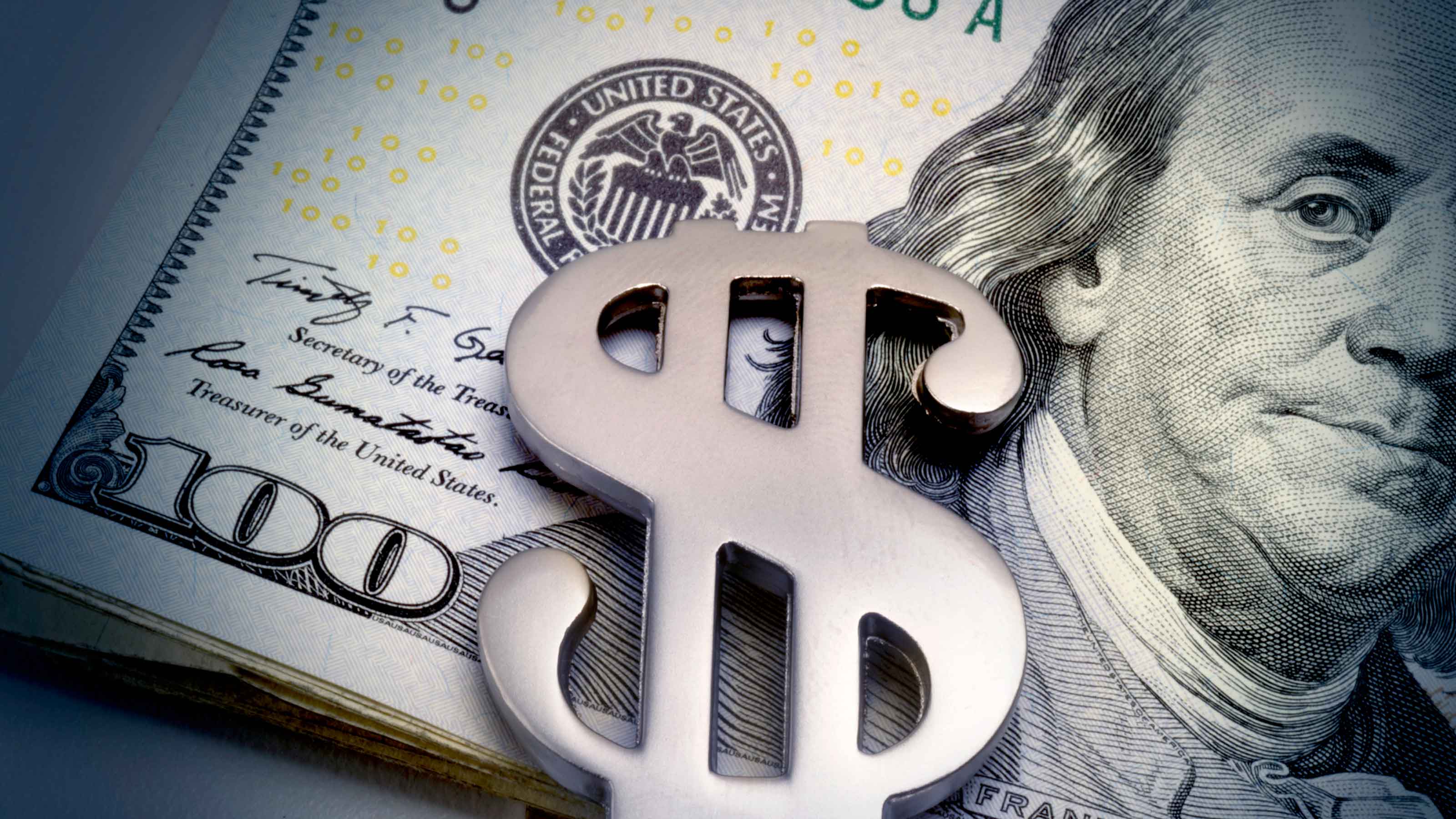An Emerging-Markets Fund Snaps Back
Few expected a post-COVID rally in emerging-markets stocks, in part because of a belief that developing countries wouldn’t cope well with the pandemic.


Profit and prosper with the best of Kiplinger's advice on investing, taxes, retirement, personal finance and much more. Delivered daily. Enter your email in the box and click Sign Me Up.
You are now subscribed
Your newsletter sign-up was successful
Want to add more newsletters?

Delivered daily
Kiplinger Today
Profit and prosper with the best of Kiplinger's advice on investing, taxes, retirement, personal finance and much more delivered daily. Smart money moves start here.

Sent five days a week
Kiplinger A Step Ahead
Get practical help to make better financial decisions in your everyday life, from spending to savings on top deals.

Delivered daily
Kiplinger Closing Bell
Get today's biggest financial and investing headlines delivered to your inbox every day the U.S. stock market is open.

Sent twice a week
Kiplinger Adviser Intel
Financial pros across the country share best practices and fresh tactics to preserve and grow your wealth.

Delivered weekly
Kiplinger Tax Tips
Trim your federal and state tax bills with practical tax-planning and tax-cutting strategies.

Sent twice a week
Kiplinger Retirement Tips
Your twice-a-week guide to planning and enjoying a financially secure and richly rewarding retirement

Sent bimonthly.
Kiplinger Adviser Angle
Insights for advisers, wealth managers and other financial professionals.

Sent twice a week
Kiplinger Investing Weekly
Your twice-a-week roundup of promising stocks, funds, companies and industries you should consider, ones you should avoid, and why.

Sent weekly for six weeks
Kiplinger Invest for Retirement
Your step-by-step six-part series on how to invest for retirement, from devising a successful strategy to exactly which investments to choose.
Emerging-markets stocks were beginning to recover in late 2019, thanks to a trade agreement between China and the U.S., when the pandemic upended everything. During the ensuing stock market sell-off, the MSCI Emerging Markets index fell 31%. Baron Emerging Markets (symbol BEXFX), a member of the Kiplinger 25, our list of favorite no-load mutual funds, lost 34%. No matter. Its recovery has been spectacular. The fund’s one-year return through mid August beat the index by more than three percentage points.
During the sell-off, manager Michael Kass sorted the fund’s portfolio into three groups: firms perceived to be beneficiaries of the disruption from COVID-19; firms that were adversely affected but would likely survive; and businesses likely to be “impaired” long term.
Then Kass added to holdings that were temporarily impacted, such as Reliance Industries, an Indian conglomerate that has become a dominant internet services provider, and Kingsoft, a Chinese cloud services and software company. He also beefed up or acquired stakes in firms deemed to be long-term COVID beneficiaries, including Brazilian digital payments providers PagSeguro and StoneCo. Many of these stocks have more than doubled since the sell-off.
From just $107.88 $24.99 for Kiplinger Personal Finance
Become a smarter, better informed investor. Subscribe from just $107.88 $24.99, plus get up to 4 Special Issues

Sign up for Kiplinger’s Free Newsletters
Profit and prosper with the best of expert advice on investing, taxes, retirement, personal finance and more - straight to your e-mail.
Profit and prosper with the best of expert advice - straight to your e-mail.
Kass sold shares, too, including his entire stake in three airlines. A full recovery in airline travel could take three to five years, he says. “In a recession, a 10% decline in revenue is huge. These companies saw a 90% decline.”
Few expected a post-COVID rally in emerging-markets stocks, in part because of a belief that developing countries wouldn’t cope well with the pandemic. But Kass says stock markets in China, Korea and Taiwan “have performed the best coming out of the crisis because they efficiently managed” the virus.
Kass zeroes in on opportunities in growth-oriented themes such as e-commerce and digital payments, or local Chinese companies focusing on robotics and biotechnology, to name a few. Then he and his analysts do down-and-dirty research to pick stocks. Over the past five years, the formula has delivered a 6.9% annualized return, which beat both the MSCI EM index and the average diversified emerging-markets stock fund.
Profit and prosper with the best of Kiplinger's advice on investing, taxes, retirement, personal finance and much more. Delivered daily. Enter your email in the box and click Sign Me Up.

Nellie joined Kiplinger in August 2011 after a seven-year stint in Hong Kong. There, she worked for the Wall Street Journal Asia, where as lifestyle editor, she launched and edited Scene Asia, an online guide to food, wine, entertainment and the arts in Asia. Prior to that, she was an editor at Weekend Journal, the Friday lifestyle section of the Wall Street Journal Asia. Kiplinger isn't Nellie's first foray into personal finance: She has also worked at SmartMoney (rising from fact-checker to senior writer), and she was a senior editor at Money.
-
 The Cost of Leaving Your Money in a Low-Rate Account
The Cost of Leaving Your Money in a Low-Rate AccountWhy parking your cash in low-yield accounts could be costing you, and smarter alternatives that preserve liquidity while boosting returns.
-
 I want to sell our beach house to retire now, but my wife wants to keep it.
I want to sell our beach house to retire now, but my wife wants to keep it.I want to sell the $610K vacation home and retire now, but my wife envisions a beach retirement in 8 years. We asked financial advisers to weigh in.
-
 How to Add a Pet Trust to Your Estate Plan
How to Add a Pet Trust to Your Estate PlanAdding a pet trust to your estate plan can ensure your pets are properly looked after when you're no longer able to care for them. This is how to go about it.
-
 White House Probes Tracking Tech That Monitors Workers’ Productivity: Kiplinger Economic Forecasts
White House Probes Tracking Tech That Monitors Workers’ Productivity: Kiplinger Economic ForecastsEconomic Forecasts White House probes tracking tech that monitors workers’ productivity: Kiplinger Economic Forecasts
-
 The Kiplinger 25: Our Favorite No-Load Mutual Funds
The Kiplinger 25: Our Favorite No-Load Mutual FundsThe Kiplinger 25 The Kiplinger 25 is a list of our top no-load mutual funds that have proven capable of weathering any storm.
-
 The 5 Best Actively Managed Fidelity Funds to Buy and Hold
The 5 Best Actively Managed Fidelity Funds to Buy and Holdmutual funds Sometimes it's best to leave the driving to the pros – and these actively managed Fidelity funds do just that, at low costs to boot.
-
 The 12 Best Bear Market ETFs to Buy Now
The 12 Best Bear Market ETFs to Buy NowETFs Investors who are fearful about the more uncertainty in the new year can find plenty of protection among these bear market ETFs.
-
 Investing in Emerging Markets Still Holds Promise
Investing in Emerging Markets Still Holds PromiseEmerging markets have been hit hard in recent years, but investors should consider their long runway for potential growth.
-
 Don't Give Up on the Eurozone
Don't Give Up on the Eurozonemutual funds As Europe’s economy (and stock markets) wobble, Janus Henderson European Focus Fund (HFETX) keeps its footing with a focus on large Europe-based multinationals.
-
 Stocks: Winners and Losers from the Strong Dollar
Stocks: Winners and Losers from the Strong DollarForeign Stocks & Emerging Markets The greenback’s rise may hurt companies with a global footprint, but benefit those that depend on imports.
-
 Vanguard Global ESG Select Stock Profits from ESG Leaders
Vanguard Global ESG Select Stock Profits from ESG Leadersmutual funds Vanguard Global ESG Select Stock (VEIGX) favors firms with high standards for their businesses.